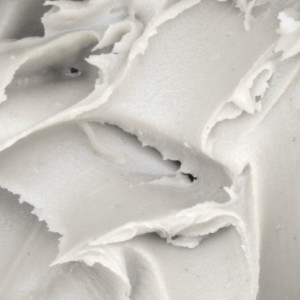| Pavan water-based protective coatings group |

| Registration Date | 5 Apr 2021 |
| Revision Date | 5 Apr 2021 |
| Share |
Construction Masonry Materials
Thermal Insulation CoatingPrevent heat transfer by radiation No smoke or chemical pollutants thanks to the use of direct flame Flexible Ease of use Hydrophobic with water vapor permeability The application of nanomaterial has developed the thermal insulation behavior. The consequences of heat transfer coefficient test presented that by using of nanotechnology to this product, the heat transfer coefficient of the coating decreased while the specific heat of the coating increased.
Survival in today's industrial world needs the protection and saving of national assets like energy and fuel. Nano thermal insulation reduces energy intake and preserve the environment by decreasing heat energy in residential and industrial locations which meaningfully protect national resources. Such coatings with ability to reflect thermal energy and change thermal coefficient lead to temperature drop and subsequent energy storage. Due to their effective molecular and macroscopic level of design, they trap air between particles. Due to air entrapment at the molecular level by using such nano-insulation and nano-coating, a few inches thick layer can have a momentous effect.
Some nanomaterials have exclusive characteristics like specific surface area, high porosity, low density, low thermal conductivity, high transparency and very low dielectric constant.